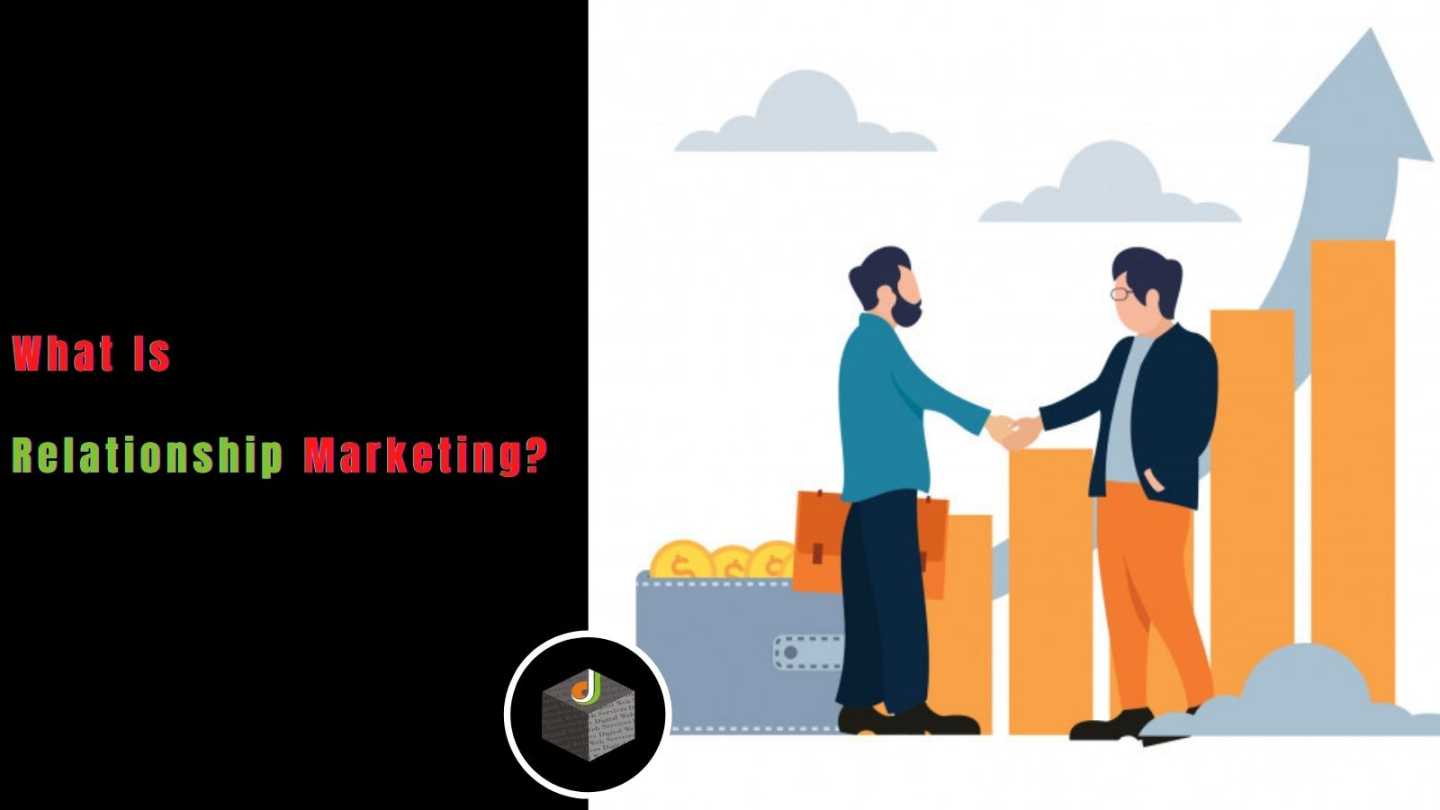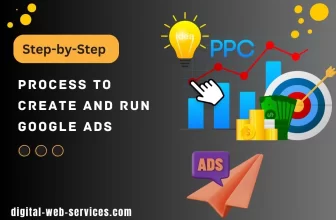
Concept-wise, you may not find “relationship marketing” a novel idea.
Every business-owner, no matter how big or small the enterprise, knows the value of finding, nurturing and retaining customer relationships.
You also need to ensure that every customer has a memorable purchasing experience that causes them to return and recommend your brand to their social circle.
So what’s changed now?
Many business owners could be confused about new terms that emerge in the area of customer relations. Terms such as CRM, customer engagement, customer-focused marketing strategy, relationship marketing, etc are gaining traction as the field of commerce undergoes dramatic, tech-driven changes.
It’s important to understand what relationship marketing is all about so that you can anchor your marketing strategy more firmly and achieve the maximum benefits.
Is Relationship Marketing The Same As CRM?
Today’s business owner has access to a variety of tools and information technologies that leverage the power of these relationships.
CRM or customer relationship management software helps businesses to analyze and collate information about customer interactions and loyalty. As a more sales-driven approach, it provides usable data on demographics, behavior, buying habits and history, returns, feedback, so that your marketing department can create a viable prediction about future purchasing. CRM also helps you to probe new avenues and leads, and explore innovations in products and service areas.
With these things said, there’s no question why your business needs a CRM tool to manage customer relationships. Thankfully, there’s a wide range of CRM software available in the market. If you’re looking for a CRM tool for your business, you may check out platforms like crmgrader.org and similar options to help you choose the right one. These resource websites have valuable information that can assist you in making a sound decision.
Now that you’re aware of what customer relationship management is, it’s time to know if it’s similar to relationship marketing. Generally,
Relationship marketing, though it can be seen as a facet of CRM, is more customer-satisfaction and retention driven approach. It emphasizes the importance of developing long-term relationships through more collaborative interactions between buyer and seller.
The long-term goals of relationship marketing include future sales and customer retention. It is characterized by the recognition of emotion as an important force in the business transaction.
What Is Relationship Marketing?
In the pre-Industrial era, the orientation towards relationships and personalized connections in commerce and trade was prevalent. Traders established fixed locations such as stores to ensure that their customers could find them easily and consistently. It promoted loyalty and mutual accountability to each other. The relationship was more personalized and customized to meet many individual needs.
With the stronger emergence of capitalism and consumerism in the 19th century, mass production and mass consumption ruled the markets. They also resulted in more aggressive selling and competitive practices as producers struggled to sell huge inventories.
This led to a focus on the transactional nature of marketing where sales and promotion of products/services/companies, and resulted in a shift away from relationships.
Getting into the basics, industry gurus and marketing experts have defined relationship marketing as the process of helping a brand to make an emotional connect with the customer.
A relationship is a connection that determines the way each feels, behaves and associates with the other. It can also mean a continuing attachment or a bond that offers mutual benefits to all the parties involved.
There are five different levels of relationship marketing:
- Basic: where the company simply beams a message at the customer and creates enough value to induce a purchase
- Reactive: where feedback is encouraged, in the form of reviews, complaints, ideas, comments, suggestions, etc. Messages can be humorous/witty, etc and could result in social media sharing.
- Accountable: At this level, conversations are encouraged, with value-adds such as free training/awareness programs, sharing reactions to products/services and offering trustworthy rewards.
- Proactive: Staying in regular touch with the customer, and using data to create more personalized and engaging content.
- Partnership: In this final stage, the customer is emotionally invested in your success, where they make significant contributions to new launches, and have established a long-lasting relationship with the brand.
The main principles of relationship marketing:
- It aims to integrate customers, suppliers and other parties involved as partners in the company’s infrastructure into the marketing activities
- Mutual cooperation between competitors leads to better value creation in the relationship between buyer and seller. The equation has now changed from value exchange to value creation.
- Interdependence between the different value chain parties reduces transaction and governance costs and generates higher quality
- It focuses mainly on the existing pool of customers with special emphasis on customer satisfaction, pricing and quality of goods and services.
- Retention is one of the major areas of focus in relationship marketing. This is because in terms of cost, the longer the relationship, the lower the amortized cost.
- Focus on long-term and loyal customers leverages the fact that they are less likely to switch loyalties and are less price-sensitive.
- Relationship marketing hinges on referrals, recommendations and word-of-mouth favorable mentions of goods/services. This influences repeat purchasing, fosters trust, and facilitates future marketing strategy.
- Huge, dramatic advances and swift changes in technology, more companies adopting total quality best practices, the strong emergence of the service economy, empowerment of teams and individuals instead of faceless corporations, and more intense competition have all contributed to the resurgence of relationship marketing.
Relationship Marketing Best Practices
To get the most out of relationship marketing, businesses need to get familiar with this marketing method’s best practices. These can include:
- Doing regular surveys and polls to obtain the necessary feedback from the customers;
- Taking into account the feedback and adding them to the company’s business procedures and practices;
- Taking advantage of social media to reach out or interact with customers;
- Prioritizing warm leads or those who show interest in the business;
- Implementing clear company policies regarding how employees should communicate with customers in certain situations.
- Developing and maintaining a good customer relationship management strategy;
- Organizing regular training sessions for the employees;
- Notifying customers how much they’re appreciated and loved.
Benefits of Relationship Marketing
- Better ROI on existing customer pool: Studies show that nearly 70% of organizations report that it’s more affordable to make efforts in customer retention rather than acquisition. Loyal and repeat customers value being treated as individuals and not as part of a general mass. Customers themselves become brand ambassadors and become part of the “buzz marketing” via social media and referrals. You end up spending less on traditional advertising and marketing.
- Useful Resource: Loyal customers are a useful resource that you can tap into when you need feedback, testimonials and reviews. They’re usually the first to participate in sales, deals, contests, etc. and appreciate it when your company requests video feedback, user videos, etc. that can earn them rewards and points.
- Better Team-Work: Relationship marketing helps your teams to focus and align around customer relationships and UX. This keeps your marketing teams more focused on customer analytics rather than sales analytics.
- Better acceptance: Relationship marketing helps you to gain better acceptance for product changes, pricing tweaks, etc. Loyal customers tend to maintain the relationship even when there are lapses or short breaks in service.
- Meets the needs of both buyer and seller: Many relationships flounder because of indifference/apathy (perceived or real). Relationship marketing helps you to actually listen to your customer and tailor your goods/services accordingly. Many high-value customers use social media referencing as a route to purchasing and many of them use social media to get information about a company and its offerings. Relationship marketing leverages the power of social media to build enduring, positive connections.
Conclusion
Relationship marketing can be one of the most effective forms of marketing approaches. Instead of paying attention to a single advertisement or campaign, it involves every aspect of a company’s business practices to build and nurture good customer relationships.
Hence, if you want to invest in relationship marketing for your business’s growth and success, keep the information mentioned above in mind, and you’ll reap the benefits of this form of marketing in no time.
Digital Web Services (DWS) is a leading IT company specializing in Software Development, Web Application Development, Website Designing, and Digital Marketing. Here are providing all kinds of services and solutions for the digital transformation of any business and website.










